| Policy Title: | Information Technology Acceptable Use Policy |
| Policy Number: | 3354:2-11-03 |
| Originally Approved Date: | 1/15/98 |
| Revised Date(s): | 9/29/2022,03/07/25 |
| Related Policy/Procedure: | ITS25-05 |
| Approved By: | Board of Trustees |
| Printable PDF: |
- Policies
- Board Policies
- 3354-2-01-01
- 3354-2-03-01
- 3354-2-03-02
- 3354-2-03-07
- 3354-2-03-08
- 3354-2-03-10
- 3354-2-04-01
- 3354-2-04-03
- 3354-2-05-01
- 3354-2-05-06
- 3354-2-08-01
- 3354-2-09-01
- 3354-2-10-01
- 3354-2-10-05
- 3354-2-10-06
- 3354-2-10-09
- 3354-2-10-10
- 3354-2-10-11
- 3354-2-10-12
- 3354-2-10-13
- 3354-2-11-01
- 3354-2-11-02 - REPEALED 5-2-25
- 3354-2-11-03
- 3354-2-11-04
- 3354-2-11-05
- Human Resource Policies
- Faculty Policies
- Development Policies
- Institutional Advancement Policies
- Business Services Policies
- Instruction Policies
- Student Services Policies
- Board Policies
- Procedures

